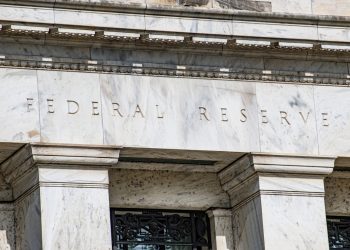RISMEDIA, December 18, 2009—“Adversity causes some men to break and others to break records” is a quote by William Ward that I believe is quite appropriate for our current market. We have a number of companies and agents doing quite well in what many consider difficult times.
This is not our first challenging market. When I started in the business in 1980, we had 18+% interest rates and less than two million homes sold nationally compared with four-plus million this year. Many did not survive that downturn or subsequent ones.
That brings me to another important point. Many brokers that should have sold during the mergers-and-acquisitions boom of a few years ago are now not able to because their company’s value has decreased dramatically. Assuming you agree the market will stay flat for at least 12-18 months, how are those companies going to increase profitability so they can be in a position to sell for a profit at some point in the next three-to-five years?
In the 1980s and through today, profitable and sustainable companies all possess:
-Great leadership—positive, encouraging and consistent
-A willingness to make tough, but fair, decisions
-A strong, well-articulated and balanced value proposition
-“Rainy day” financial reserves
-Lower-than-average occupancy costs
-Higher-than-average volume per desk
-Higher-than-average variable costs vs. fixed costs
-Marginal profit even at lower transaction velocity
-Laser focus on improving market share, the only true economic variable a company can control
-Managing expenses, but always spending a majority of time driving top-line revenue opportunities
Profitability does not appear to be related to your brand, market size or brokerage model, even though these are all important. Profitability is all about achieving balance and being true to your model.
An example of a company model would be a high agent-compensation model. This can be profitable if the brokerage is providing an appropriate level of support for the company dollar derived. The agent is receiving fair tools and services for the compensation they receive or fees charged. In turn, the broker must be allowed to retain a fair profit for the services provided. Obviously, fairness is in the eye of the beholder, but if the equation is slanted too far in either direction, neither will prosper for long.
Many of the companies that exited the business, or will soon, are severely flawed in their balance. Because of their generally high fixed-overhead expenses, combined with high agent compensation, their model is sustainable only with high transaction velocity.
As with every industry, we must better manage our ability to adjust to market cycles. I believe many companies can emerge from this market “reinvented,” combining a strong agent/client value proposition and scalable marginal income. The time to change is now.
History will repeat itself and lessons can be learned but hopefully not forgotten. Did I mention my profitability themes above were first presented over 25 years ago during the beginning of another difficult period?
George Slusser has been a leader in the real estate industry for over 25 years. He has been an agent, broker and senior executive of a number of national companies.
For more information, visit www.pcmsconsulting.com or e-mail gslusser@pcmsconsulting.com.










